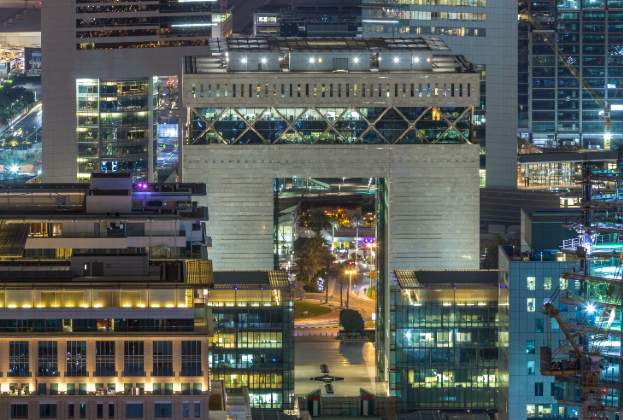Dubai’s ruler Sheikh Mohammed bin Rashid al-Maktoum and his government are keen to transform the city into a global tech hub to make it less dependent on tourism. To do this, they have introduced a number of reforms and new legislation since the Covid-19 pandemic hit, including new laws on residency, trade and foreign direct investment. As a result, over the last few months, we are seeing an increasing number of US and Israeli tech and fintech companies, in particular, entering the Dubai office market.
Fintech companies seem to be particularly attracted to the Dubai International Financial Centre (DIFC) submarket, while tech companies often focus on securing space in the Dubai Internet City submarket. This is partly driven by zoning on business licence activity, but also by the newcomers wanting to be close and therefore aligned with high profile global banking, financial and tech companies such as Goldman Sachs, Google and Facebook.
However, there is an increasing supply/demand imbalance when it comes to finding appropriate accommodation for these businesses. In fact, there is no new supply of office space in either submarket due to handover during the next 12-18 months, and, at the same time, more and more existing occupiers are looking to upgrade from lower quality buildings to Grade A developments. This has been in part to lock in favourable rental rates and to meet ever-growing ESG requirements.
Furthermore, a strong push towards promoting and growing homegrown tech and fintech companies is contributing towards the demand for office space, especially flexible space, as they add more staff and look towards expansion.
Given these challenges and the squeeze on office vacancy levels we are seeing an increasing number of occupiers willing to take more space than they might need immediately in order to future proof their operations.
A further trend we are noticing is related to lease lengths. Rather than offering the traditional leases of between three and five years, some landlords are now offering up to eight or nine-year leases, which are particularly attractive to US companies who are more comfortable with longer leases in their home market and able to spread the capital expenditure over a longer period of time.
As a result, we can expect to see further growth in tech and fintech companies entering the market for the first time, drawn to Dubai’s top submarkets as the city becomes one of the fastest growing global tech hubs in the world.





.jpg)

.jpg)


.jpg)